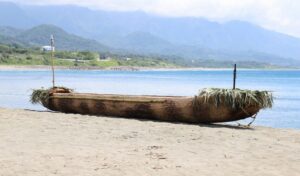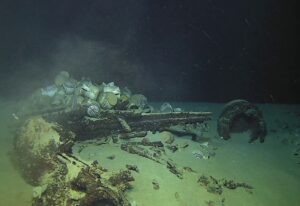Humanity now numbers over eight billion people, and it seems impossible that we one almost went extinct. But 930,000 years ago, between the early and middle Pleistocene, that may have been the case.
A new study claims that our ancestors dwindled from a population of 100,000 down to just 1,280 individuals. This tiny population continued for 117,000 years, through a period of extreme cold and drought across Africa, Asia, and Europe.
“The gap in the African and Eurasian fossil records can be explained by this bottleneck in the Early Stone Age,” said anthropologist and co-author Giorgio Manzi. Such a small number of people would leave very few remains behind.
A team of geneticists led by the Chinese Academy of Science and East China Normal University looked at the genetics of modern humans to reconstruct a picture of ancient populations. They used genomic data from 3,154 modern humans from 10 African and 40 non-African populations to create a family tree of genes. Focusing on 800,000 to one million years ago, they detected the ancient bottleneck.

A diagram describing the bottleneck. Image: Wangjie Hu et al., 2023
Cold weather likely the cause
It is almost impossible to know exactly what caused the bottleneck, but world climate likely played a large role. The middle Pleistocene era featured significant changes in the glaciation cycles on Earth. This cooling made survival more difficult. The harsh conditions drove a number of other species, including mammoths and giant sloths, to extinction.
The findings also suggest that this bottleneck split the ancient population into two lineages. One of these led to Neanderthals, and the other to modern humans. Most apes have 24 pairs of chromosomes, humans have 23. The bottleneck coincides with the estimated time that two chromosomes merged in humans, reducing our number to 23.
“The novel finding opens a new field in human evolution because it evokes many questions, such as the places where these individuals lived, how they overcame the catastrophic climate changes, and whether natural selection during the bottleneck has accelerated the evolution of the human brain,” said co-author Yi-Hsuan Pan.
A number of other scientists have questioned the paper.
“It is a bit like inferring the size of a stone that falls into the middle of the large lake from only the ripples that arrive at the shore some minutes later,” population geneticist Stephan Schiffels told The New York Times.






